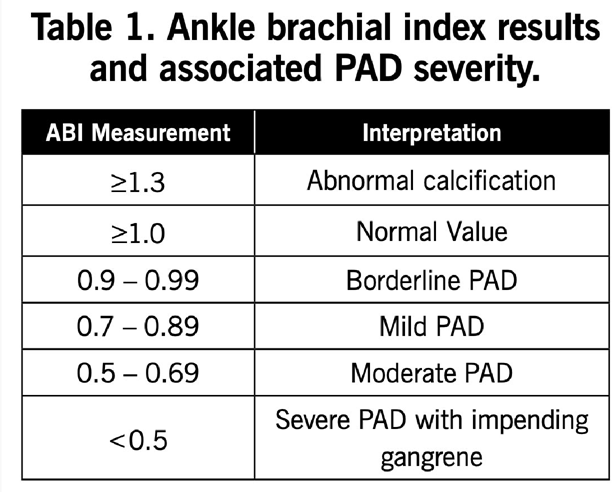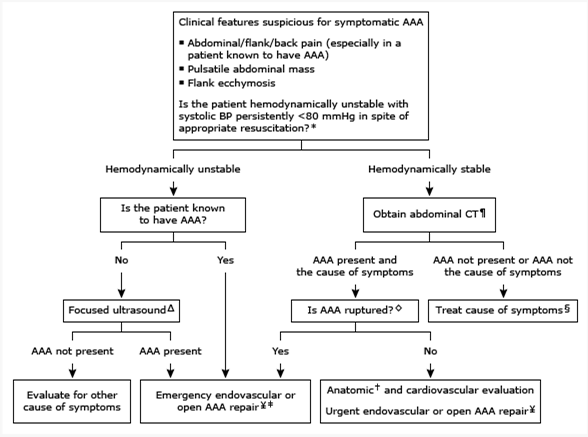The nurse is teaching the community about blood pressure. What blood pressure finding by the nurse indicates that no changes in therapy are needed for a client with newly diagnosed hypertension?
128/76 mm Hg
128/92 mm Hg
98/56 mm Hg
142/78 mm Hg
The Correct Answer is A
Hypertension is typically diagnosed when a person's blood pressure consistently exceeds 130/80 mm Hg on multiple occasions. However, the specific target blood pressure for treatment may vary based on individual factors and the presence of other comorbidities.
Among the options provided, a blood pressure reading of 128/76 mm Hg is within the target range for many individuals with hypertension. The systolic pressure (128 mm Hg) is below the threshold of 130 mm Hg, and the diastolic pressure (76 mm Hg) is below the threshold of 80 mm Hg.
The other blood pressure readings would warrant further evaluation or possible changes in therapy:
128/92 mm Hg: The diastolic pressure (92 mm Hg) is above the threshold of 80 mm Hg, indicating uncontrolled hypertension.
98/56 mm Hg: This blood pressure reading is below the threshold for hypertension, but it is considered low and may require further assessment to determine if it is normal for the individual or if it indicates hypotension.
142/78 mm Hg: While the systolic pressure (142 mm Hg) is slightly above the threshold of 130 mm Hg, it may not necessarily require immediate changes in therapy. However, it should be closely monitored to ensure blood pressure control.
Nursing Test Bank
Naxlex Comprehensive Predictor Exams
Related Questions
Correct Answer is B
Explanation
The nurse should best follow up the assessment finding of an ankle-brachial index (ABI) of 0.40 in the right leg by implementing interventions relevant to arterial narrowing.
An ankle-brachial index is a non-invasive test used to assess peripheral arterial disease (PAD). An ABI value below 0.90 indicates significant arterial narrowing and impaired blood flow to the lower extremities. An ABI of 0.40 suggests severe arterial narrowing, which puts the client at risk for reduced perfusion and potential complications such as tissue ischemia, ulceration, and gangrene.
Implementing interventions relevant to arterial narrowing is crucial in this case. These interventions may include:
- Collaborating with the healthcare provider to develop a treatment plan: This may involve prescribing medications to improve blood flow, such as antiplatelet agents or vasodilators.
- Encouraging lifestyle modifications: This can include smoking cessation, regular exercise, and maintaining a healthy diet low in saturated fats and high in fruits and vegetables.
- Promoting optimal cardiovascular health: This can involve managing other risk factors for arterial narrowing, such as hypertension, diabetes, and high cholesterol levels.
- Educating the client about the signs and symptoms of PAD: This includes teaching them to monitor for changes in skin color, temperature, and sensation in the affected limb, as well as the importance of seeking prompt medical attention if these changes occur.

Let's review the other options:
Assessing the client's use of over-the-counter dietary supplements: While it is important to assess for potential interactions between medications and dietary supplements, this would not be the immediate follow-up action for a severely reduced ABI.
Encouraging the client to increase intake of foods high in vitamin K: While maintaining a balanced diet is important for overall health, increasing vitamin K intake is not specifically indicated for addressing arterial narrowing or improving the ABI.
Adjusting the client's activity level to accommodate decreased coronary output:
Coronary output refers to blood flow to the heart muscle. Arterial narrowing in the leg does not directly affect coronary output. However, it is important to encourage appropriate physical activity for the client based on their overall cardiovascular health and exercise tolerance.
Correct Answer is A
Explanation
Based on the information provided, the nurse should anticipate that the medical treatment prescribed for a client with an abdominal aortic aneurysm less than 3 cm in size would be regular ultrasound screenings every six (6) months.
Monitoring the size of the abdominal aortic aneurysm through ultrasound is a common approach for managing small aneurysms. Regular ultrasound screenings allow healthcare providers to track the growth rate of the aneurysm and determine if any intervention, such as surgical repair, is necessary as the aneurysm progresses in size.
Let's review the other options and explain why they are not the most appropriate treatments for an abdominal aortic aneurysm less than 3 cm in size:
Intravenous pyelogram yearly: An intravenous pyelogram is an imaging test used to evaluate the urinary system, specifically the kidneys, ureters, and bladder. It is not directly related to the management or monitoring of an abdominal aortic aneurysm.
Assessment of abdominal girth monthly: Assessing the abdominal girth may be a part of the overall assessment of the client's condition, but it is not the primary treatment for managing an abdominal aortic aneurysm. Monitoring the aneurysm size through regular ultrasound screenings is a more specific and accurate approach.
Repair of abdominal aortic aneurysm: Repair of an abdominal aortic aneurysm is typically indicated when the aneurysm reaches a certain size threshold or if it poses a high risk of rupture. For an aneurysm less than 3 cm in size, repair is usually not the initial treatment option. Instead, regular monitoring through ultrasound screenings is recommended to assess the aneurysm's growth rate and determine the appropriate time for intervention.

Whether you are a student looking to ace your exams or a practicing nurse seeking to enhance your expertise , our nursing education contents will empower you with the confidence and competence to make a difference in the lives of patients and become a respected leader in the healthcare field.
Visit Naxlex, invest in your future and unlock endless possibilities with our unparalleled nursing education contents today
Report Wrong Answer on the Current Question
Do you disagree with the answer? If yes, what is your expected answer? Explain.
Kindly be descriptive with the issue you are facing.
